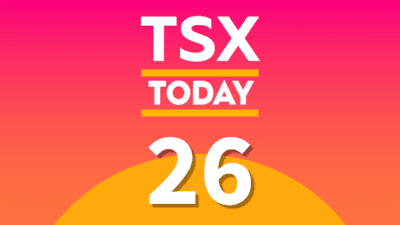When Bank of Montreal (TSX: BMO)(NYSE: BMO) cut its five-year mortgage rates, it drew strong criticism from then-Finance Minister Jim Flaherty. Now the bank is slashing prices again, this time in its wealth management division. It’s sure to stoke a lot less anger.
The only people who may be upset by this are Bank of Montreal’s shareholders. Is the company sacrificing profitability to gain market share? Or is this move necessary in today’s marketplace?
Series D funds
While Canadians typically pay more than 2% for an equity mutual fund, it is important to remember that much of that fee goes to the financial advisor. Ideally this so-called “trailer fee” is fair compensation for the financial advice that the investor gets. But what about investors who don’t use a financial advisor, and buy mutual funds themselves? Is it fair for them to pay the same fee?
Not according to Bank of Montreal. As of April 8, self-directed investors can buy Series D mutual funds through BMO Investorline (the firm’s discount brokerage). Fees for the equity-based funds range from 1.2% for dividend funds to 1.8% for international funds. This is dramatically cheaper than the Series A equivalents, many of which charge more than 2.5%.
Bank of Montreal should be commended for this move. Investorline clients already have to pay to purchase these mutual funds, and thus shouldn’t have to pay the same fees as a financial advisor’s client. If Series D funds draw more people onto Investorline, then Bank of Montreal’s shareholders will benefit too.
Lowered ETF Fees
Bank of Montreal is one of Canada’s top providers of ETFs, whose popularity has exploded as investors become more fee-conscious. But the bank got thrown a curveball when rival iShares slashed its fees in March. For example, the iShares S&P/TSX Capped Composite Index (TSX: XIC) now has a fee of 0.05%.
Unlike actively managed funds, ETFs can only distinguish themselves by their fees, and the lowest fee wins. So on April 21, Bank of Montreal responded as it had to and cut its ETF fees as well. Now the BMO S&P/TSX Capped Composite Index (TSX: ZCN) charges the same 0.05%. Bank of Montreal and iShares now also share same fee for U.S. equity (0.10%) and international equity (0.20%) ETFs.
Foolish bottom line
When Bank of Montreal cut its mortgage rates, it was a silly move. It started a price war, hurt profitability, and angered the Finance Minister. These price cuts are different. Bank of Montreal is responding to the realities of Canadian wealth management, and creating products that are fairer to its customers. The bank’s shareholders should be applauding management.
But this should serve as a warning sign for shareholders in all Canadian wealth managers. Investors are getting ever more fee conscious, and this is just the latest example of a bank responding. The other wealth managers may have to make similar moves, eating into their profitability. Investors may want to consider investing in these low cost funds, rather than investing in the companies that provide them.







